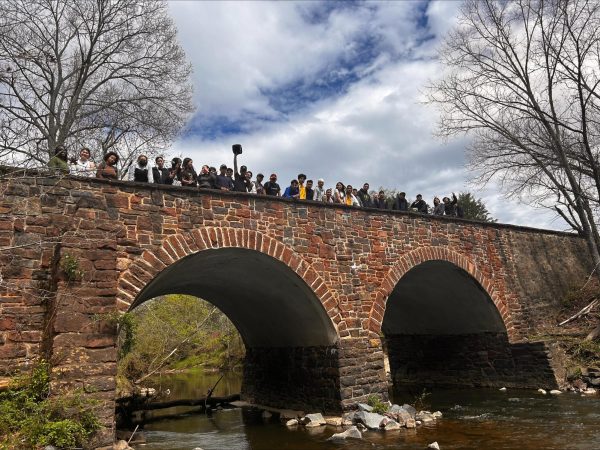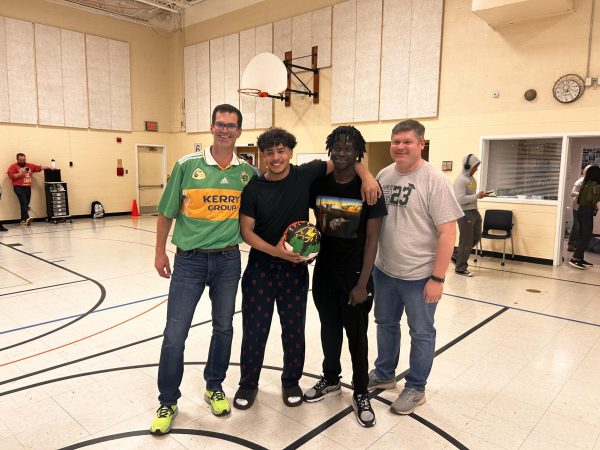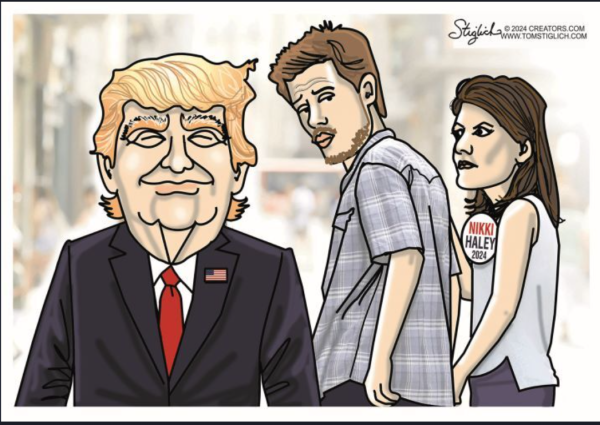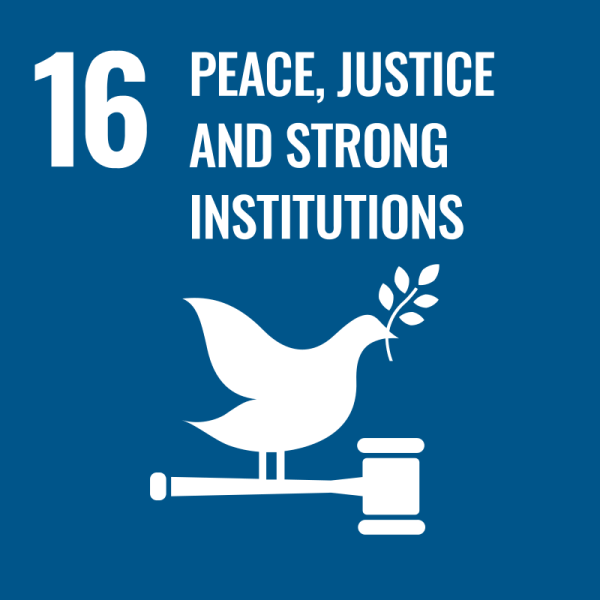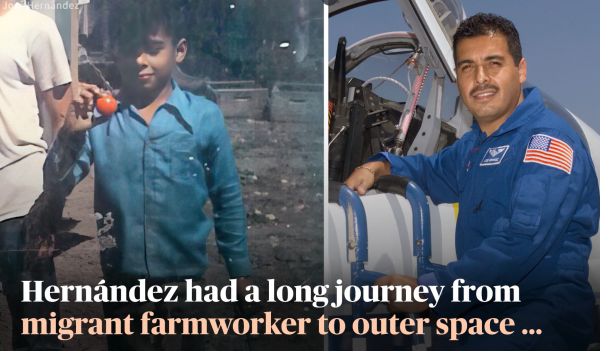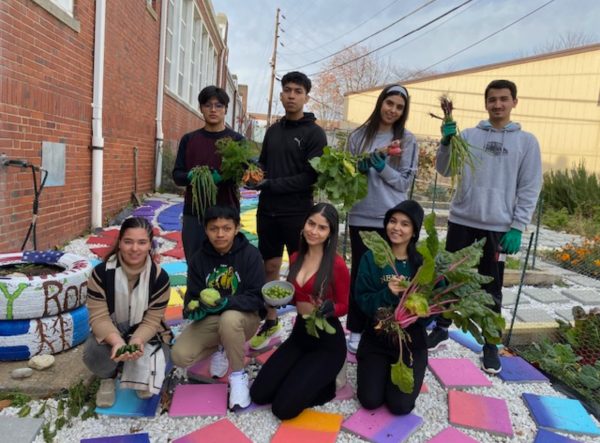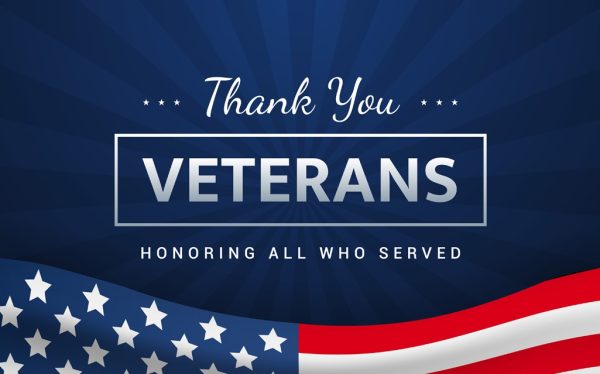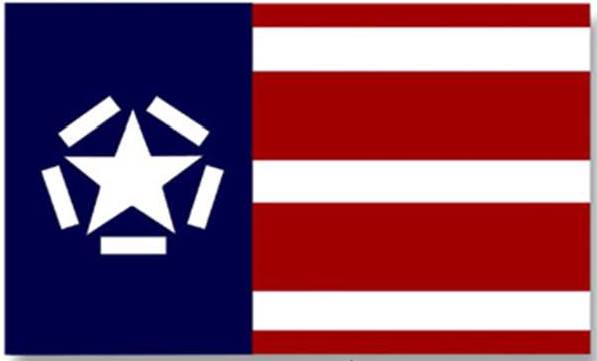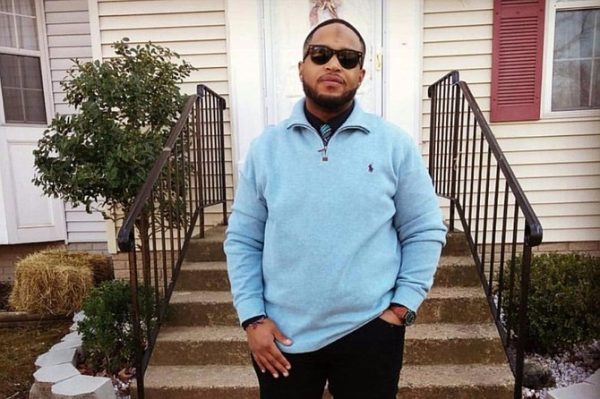The Help

In the 1960’s in a small town in Mississippi a young girl by the name of Skeeter comes back home from college with aspirations to become a writer. Skeeter interviews black women that take care of well known white women’s homes and children. Only in the beginning is there one colored woman ready to speak on how they are mistreated and then later on she convinces her best friend and multiple other colored women to speak up about what’s going on and they all have a lot to say.
“We ain’t… we ain’t doing civil rights here. We just telling stories like they really happen.” (14.169)
The above quote speaks to the fact that “doing civil rights” in the south was a long hard battle. 100 years prior to this moment in 1865, the 13th Amendment banned slavery which means that people could no longer own colored people to pick cotton or become maids. 3 years later in 1868 the 14th Amendment granted citizenship and equal civil and legal rights to African Americans and former slaves who had been emancipated after the American Civil war. A year later in 1869 the 15th Amendment granted African American men the right to vote by declaring that the “right of citizens of the United States to vote shall not be denied or abridged by The United States or by any state on account of race, color, or previous condition of servitude”. That was big step for African American men to be able to start to vote and for them to participate in the voting because some political aspects could change. This book points out how slowly the actual changes of these amendments took effect because of the corruption and racism of local authorities and the Federal government looking the other way.
https://constitutioncenter.org/interactive-constitution/amendments/amendment-xiii
What I’ve learned from this book is how hard colored women and men had to fight to be free. I never understood what they went through from a history textbook. But when I read this book i felt what they were feeling at that moment. It kinda made me think and be grateful that we have more freedom now then they did back as recently as my Grandmother’s generation of the 1960’s. Because they risked everything to tell their story about how they were mistreated knowing that they might get in trouble or lose their job if the people they were working for found out that they told someone to write about. I feel more appreciative because I learned more about what colored people went through back then. The struggle of them dealing with the discrimination and the segregation was more harsh than what I imagined it would be from learning about it in a textbook.
I enjoyed reading this book because it explains a lot about what African Americans went through 100 years ago. Also the voice that these African American people had about what was going on and hearing from their perspective about what they went through and how they felt about being treated differently because of the color of their skin. I enjoyed the movie as well as the book but the movie didn’t share the voice of the African American people as much as it did the women and men they were working for .
https://www.vanityfair.com/hollywood/2018/09/viola-davis-the-help-regret


